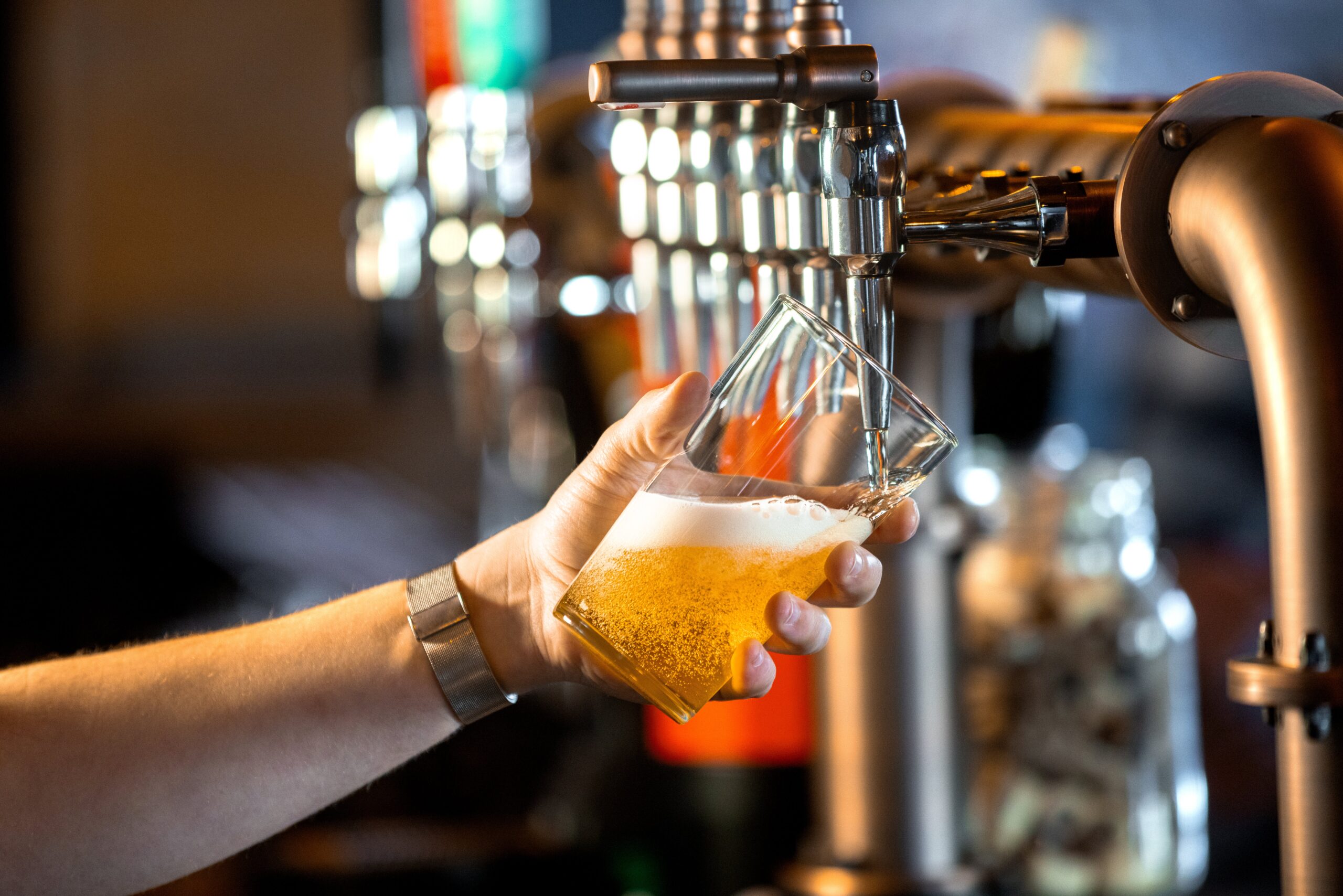Almost two thirds of workers are drinking more alcohol due of stress or pressures related to their job, new research has found.
A survey of 2,000 workers by Alcohol Change UK found 64 per cent of UK workers reported drinking alcohol for work-related reasons – with job stress, pressure and anxiety behind increased consumption in the past 12 months.
Four in 10 said they drank more alcohol due to work-related anxiety, while 38 per cent said they drank more to cope with work stress.
Over a third drank more alcohol because of pressure or deadlines at work and 29 per cent reported increased alcohol consumption due to job insecurity
Jane Gardiner, head of consultancy and training at research group Alcohol Change UK, said: “Although the work we do is hugely varied, this research suggests that in the last year many of us have been drinking more alcohol in an attempt to manage work-related stress, anxiety, pressure and job insecurity.

“Yet, from poor sleep and hangovers to high blood pressure, depression and other health conditions, alcohol can take a big toll on our health and wellbeing.
“While it may offer short-term relief for some, over time it’s more likely to worsen feelings of stress, anxiety and pressure and lead to a cycle of self-medicating that can be hard to break free from, even if we want to.”
The research has been released to mark the start of Alcohol Awareness Week, and found demand from employees for preventative action and education around alcohol at work.
This year’s theme ‘Alcohol and work’ focuses on how work environments and pressures can influence the way we drink, and how we can build healthier, more inclusive workplace cultures.

More than 8 in 10 of the workers surveyed believed employers have some responsibility to address alcohol in the workplace – but over a third said they feel more comfortable talking about mental health in the workplace than alcohol.
Ms Gardiner added: “Mirroring the progress seen in mental health in the workplace in recent years to drive conversations, boost compassion and support and reduce stigma, it’s so encouraging to see such strong appetite for alcohol awareness and education from workers.
“What’s hugely positive is that employees appear to recognise that preventative, proactive action is where alcohol factors in – above reactive action when an issue presents itself.
“It’s this kind of support that will start to make alcohol less of a taboo subject, raise awareness of the impact of our drinking habits on our overall health and wellbeing and prevent avoidable alcohol harm before it happens.”
